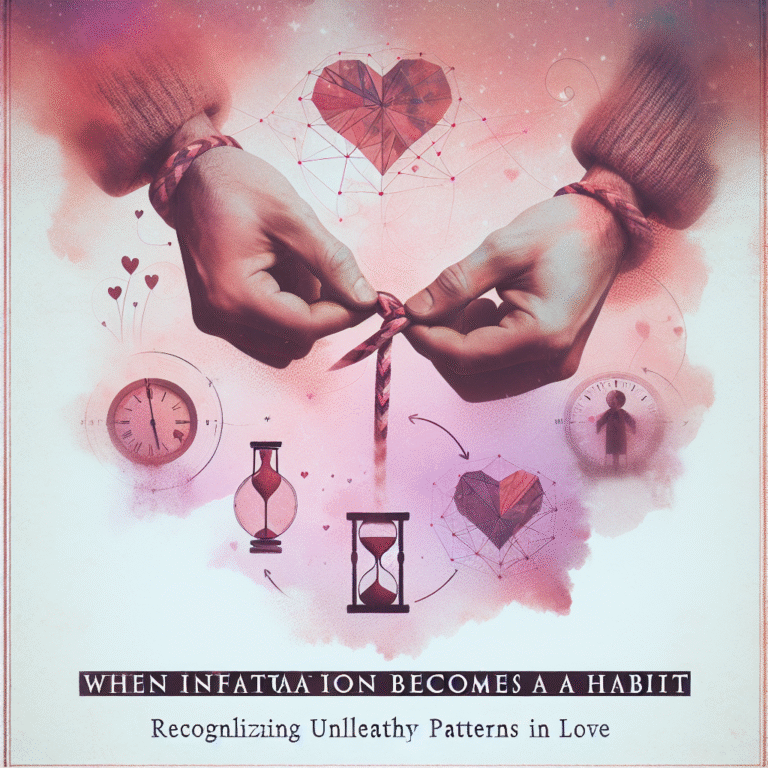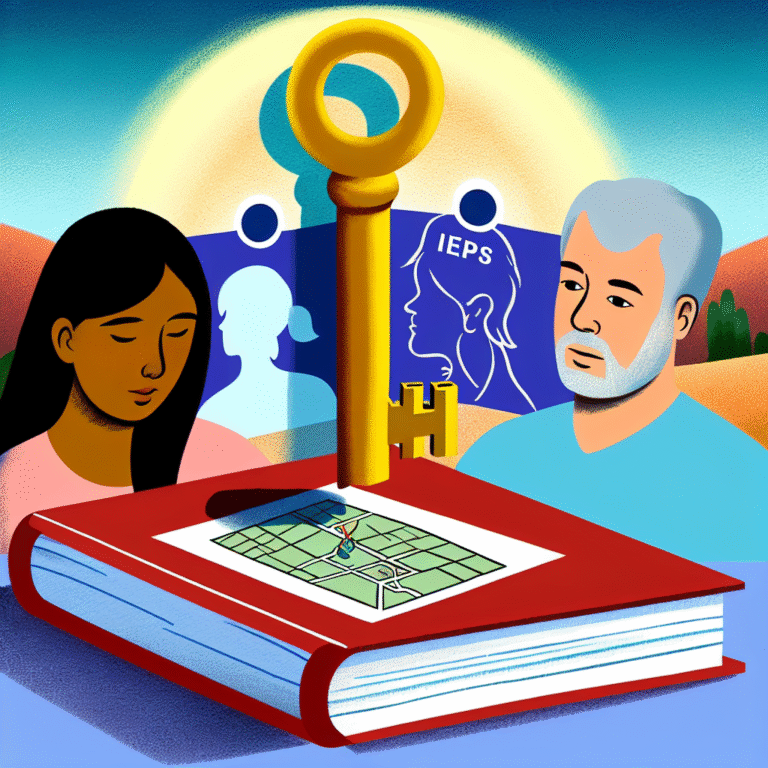
Introduction
Betrayal can rip through the fabric of a relationship, leaving behind a landscape of hurt, anger, and mistrust. Navigating the emotional turmoil that follows can feel insurmountable. Yet, amidst the shadows of betrayal, there lies a light—an essential process known as forgiveness. Forgiveness in Relationships: Rebuilding Trust After Betrayal isn’t just a noble concept; it’s a crucial step in healing and restoring connections. In this article, we will explore actionable insights, real-life case studies, and concrete strategies that empower individuals to embrace forgiveness as a powerful tool for mending relationships.
The Anatomy of Betrayal
Betrayal can take many forms—infidelity, deception, broken promises, and emotional neglect. Understanding what betrayal means within the context of a relationship lays the groundwork for rebuilding trust.
Impact of Betrayal
The immediate aftermath of betrayal often manifests as:
- Shock and Denial: The initial reaction to betrayal typically involves disbelief.
- Anger and Resentment: As the reality sinks in, feelings of anger towards the betrayer emerge.
- Self-Doubt: The betrayed partner may grapple with feelings of inadequacy and insecurity.
Table 1: Emotional Stages Following Betrayal
| Stage | Description |
|---|---|
| Shock | Initial disbelief or numbness |
| Anger | Frustration or resentment |
| Sadness | Deep emotional pain and loss |
| Reflection | Self-examination and questioning |
| Acceptance | Embracing the possibility of forgiveness |
The Role of Forgiveness
Forgiveness is often misunderstood; many believe it means condoning or excusing the harmful behavior. On the contrary, forgiveness in relationships: rebuilding trust after betrayal involves releasing the hold that the act of betrayal has on you.
The Myths of Forgiveness
- Forgiveness equals reconciliation: Rebuilding the relationship is not mandatory.
- Forgiveness means forgetting: It entails letting go of resentment but not erasing the memory.
- Only the victim needs to forgive: Both parties can benefit from the act of forgiveness.
Case Study: Sarah and Tom
Background: Sarah discovered that Tom had been unfaithful to her for several months. The betrayal left her feeling devastated, questioning her worthiness of love.
Analysis: In her journey, Sarah realized that holding onto resentment only perpetuated her pain. She attended counseling to process her feelings and ultimately decided to move forward with forgiveness—not to save the relationship but to reclaim her own peace.
Steps to Forgiveness
1. Acknowledge the Hurt
Holding in emotions prevents healing. Allow yourself to feel the pain and express it openly.
2. Understand the Betrayal
Dig deeper into the reasons behind the betrayal. Was it a moment of weakness, a misunderstanding, or a deeper issue that needs addressing?
3. Communicate Your Feelings
Open lines of communication are essential. Discuss your feelings of hurt and betrayal without minimizing or exaggerating them.
4. Reflect on the Relationship
Evaluate the broader context of the relationship. Are the positives worth salvaging?
5. Choose to Forgive
Make a conscious decision to forgive. Remember, forgiveness is a gift to yourself, freeing you from the shackles of resentment.
Chart 1: Steps to Embrace Forgiveness
| Step | Description |
|---|---|
| Acknowledge the Hurt | Recognize and validate your feelings. |
| Understand the Betrayal | Identify the reasons behind the hurtful actions. |
| Communicate Your Feelings | Share your emotions openly and honestly. |
| Reflect on the Relationship | Weigh the good moments against the bad. |
| Choose to Forgive | Make a decisive choice to let go for your sake. |
Rebuilding Trust
With forgiveness as a foundation, rebuilding trust requires concrete steps to restore faith within the relationship.
1. Transparency is Key
Both partners need to commit to openness. This can include sharing thoughts, feelings, and actions transparently.
2. Consistency Matters
Trust is rebuilt over time through consistent actions that reinforce reliability and integrity.
3. Seek Professional Help
Sometimes, the healing journey benefits from external guidance, like counseling or therapy.
4. Set Boundaries
Establish clear boundaries moving forward to prevent situations that could lead to future betrayals.
5. Celebrate Small Victories
Recognizing and celebrating progress, no matter how incremental, strengthens the bond.
Case Study: James and Maya
Background: After discovering that James had been dishonest about his finances, Maya felt betrayed and anxious about their future together.
Analysis: They both attended therapy, where James learned to communicate more openly and Maya learned to express her feelings constructively. Through small, consistent actions like sharing weekly budget discussions, trust gradually began to grow.
Practical Techniques to Foster Forgiveness
Certain techniques can enhance your ability to forgive, making the journey smoother.
1. Journaling
Writing down your feelings allows for introspection and can clarify emotions tied to betrayal.
2. Mindfulness and Meditation
These practices help in focusing on the present, reducing emotional turmoil associated with past events.
3. Engage in Positive Activities
Redirecting focus towards positive experiences and interactions helps rebuild personal joy, which can overflow into the relationship.
Conclusion
Forgiveness in relationships: rebuilding trust after betrayal is a complex yet fundamental journey. While challenging, the process empowers individuals to reclaim their emotional well-being and foster stronger bonds. Remember that forgiveness does not mean forgetting; it means choosing to move forward regardless of the pain.
As you navigate this journey, keep in mind that relationships are not only built on trust and mutual respect but also on the ability to rise from adversity together. Let forgiveness be your greatest gift—not only to your partner but to yourself.
FAQs
1. Is forgiveness necessary for healing after betrayal?
Answer: While not mandatory, forgiveness can significantly aid healing by reducing negative emotions tied to the betrayal.
2. How do I know if I’m ready to forgive?
Answer: You may be ready to forgive when you find yourself wanting to let go of anger and hurt for your peace instead of forcing a reconciliation.
3. Can trust be rebuilt after multiple betrayals?
Answer: Rebuilding trust after multiple betrayals is possible, but it requires stronger commitment, open communication, and often, professional guidance.
4. Is forgiveness a one-time event?
Answer: No, forgiveness can be a journey that requires continual effort, especially if triggers surrounding the betrayal arise.
5. Can forgiveness happen without the offender’s acknowledgment?
Answer: Yes, forgiveness can occur without the other party’s recognition. It’s ultimately a personal decision that benefits the forgiver.
This journey towards forgiveness in relationships: rebuilding trust after betrayal may not be easy, but it is one of the most rewarding landscapes you can explore in the realm of personal and relational growth.















